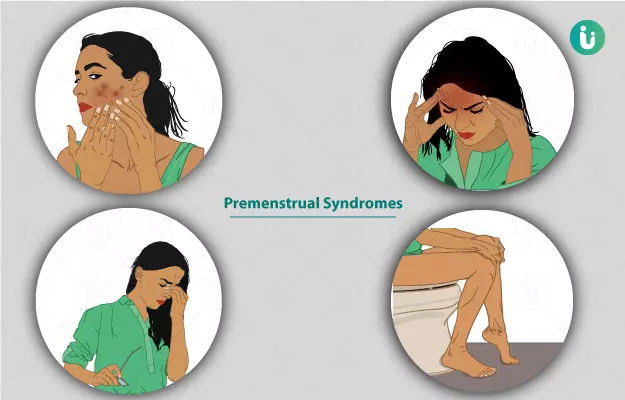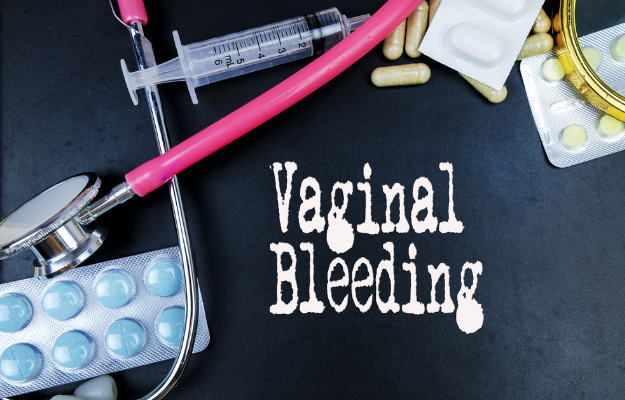Most women experience some symptoms before their periods start, such as: stomach pain, breast swelling, breast pain, back pain, etc. during menstruation, which are called premenstrual syndrome (PMS). Although these are common symptoms, during this time they affect your daily routine a lot. Some women feel these symptoms in the beginning but some after the age of 20. These symptoms can also worsen before menopause at the age of 30-40.
Read More - (Period Fatigue)











































